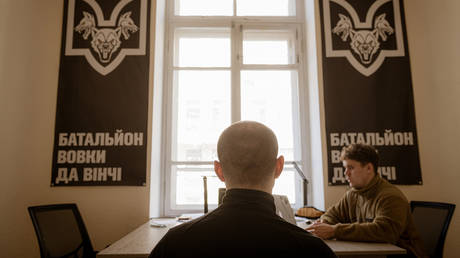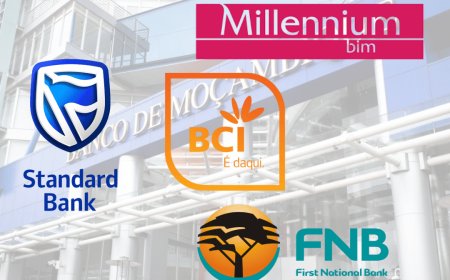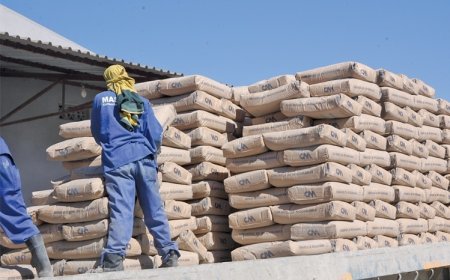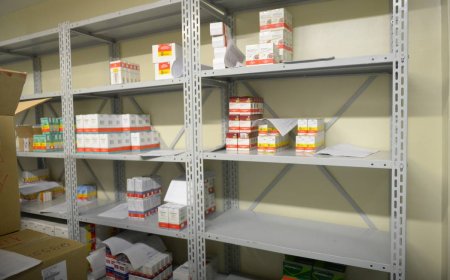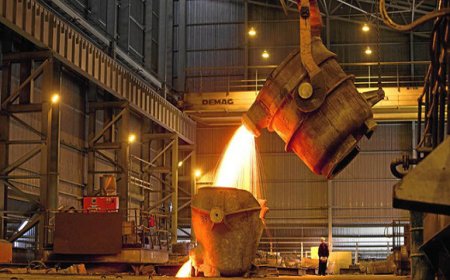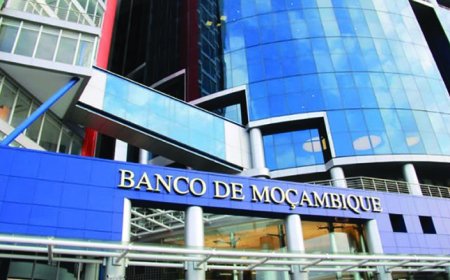Former mozambican president Guebuza acknowledges ruling party crisis and calls for national unity
Former Mozambican President Armando Emílio Guebuza has publicly admitted that Frelimo, Mozambique’s ruling party since independence in 1975, is facing significant internal challenges. Speaking amidst escalating political and social unrest following the contentious general elections of October 2024, Guebuza stressed the importance of unity among all Mozambicans to address the country’s pressing issues.
“We urge all Mozambicans to understand that this country belongs to all of us. It is our collective responsibility to ensure harmony,” Guebuza said during a rare public appearance in Maputo.
Mozambique is currently in the grip of a tense post-election period. Demonstrations against the election results, which declared Daniel Chapo of Frelimo as the winner, have led to widespread unrest. The main opposition, particularly the PODEMOS party and its candidate Venâncio Mondlane, has rejected the results, alleging fraud. These tensions have fueled violent clashes between protesters and security forces, leaving dozens dead and causing significant disruption in cities like Maputo and Beira.
In this context, Frelimo faces not only external opposition but also internal discord. Historically seen as synonymous with Mozambique’s political identity, the party is under pressure to address its internal divisions and regain public trust. Guebuza’s acknowledgment of internal problems is a notable departure from Frelimo’s usual stance of downplaying internal issues. “We have issues, but these matters will be addressed within the party during our meetings. We will seek ways to overcome them because they are profound,” he stated, stopping short of detailing specific steps.
The former president’s call for unity comes as Mozambique grapples with protests that have paralyzed parts of the country. Opposition supporters have taken to the streets, accusing the government of electoral fraud and demanding new elections. The unrest has disrupted economic activities and heightened fears of political instability, particularly in a country already battling an Islamist insurgency in its northern Cabo Delgado province.
While Guebuza did not offer specific solutions, his emphasis on dialogue and collective responsibility reflects the urgent need for both Frelimo and the opposition to address the crisis. His remarks also align with international calls for peaceful resolutions to the unrest, as Mozambique’s political stability is critical for its economic ambitions, including its role as a major player in the global natural gas market.
Guebuza’s acknowledgment of Frelimo’s internal challenges and his call for national unity mark a significant moment in Mozambique’s ongoing political turmoil, but much will depend on the actions taken by the country’s leaders in the coming weeks.
(Idorcídio Mandlhate)







